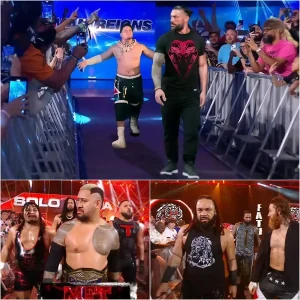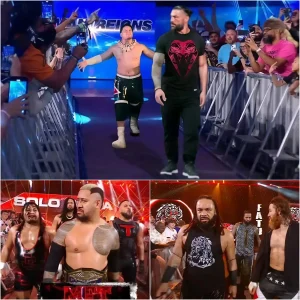On July 29, 2025, the U.S. Department of Justice (DOJ) took the unusual step of filing a misconduct complaint against U.S. District Court Chief Judge James Boasberg, alleging that he made improper public comments about President Donald Trump that undermined the impartiality of the judiciary. The complaint, initiated at the direction of Attorney General Pam Bondi and authored by her Chief of Staff Chad Mizelle, was submitted to Chief Judge Sri Srinivasan of the U.S. Court of Appeals for the D.C. Circuit. This action has sparked significant debate, highlighting escalating tensions between the Trump administration and the federal judiciary, particularly in the context of controversial remarks involving former President Barack Obama.
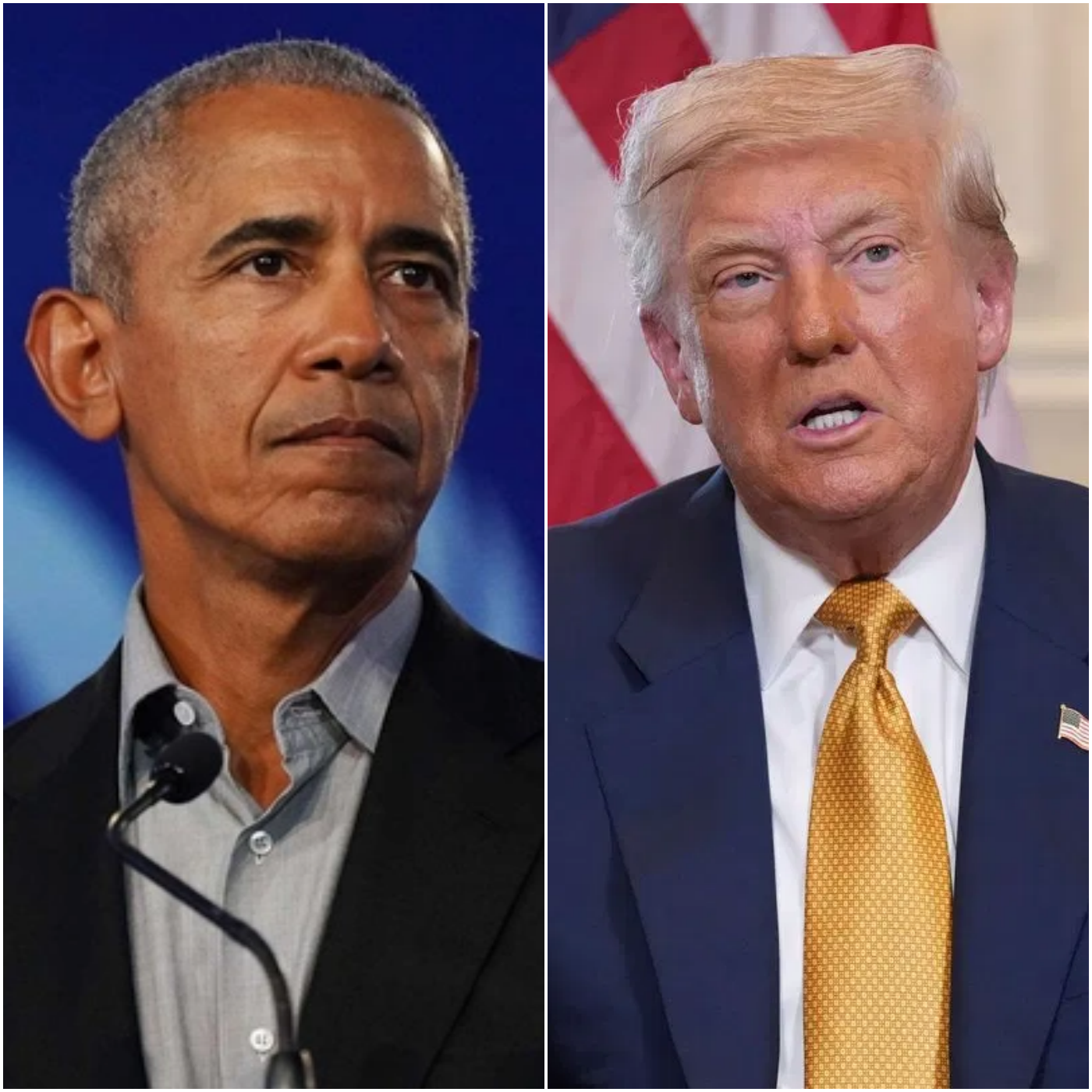
The DOJ’s complaint centers on statements Judge Boasberg allegedly made during a March 11, 2025, session of the Judicial Conference of the United States, attended by Chief Justice John Roberts and approximately two dozen federal judges. According to the complaint, Boasberg deviated from the conference’s standard agenda—typically focused on administrative matters like budgets and security—to express concerns that the Trump administration might disregard federal court rulings, potentially triggering a constitutional crisis. The DOJ, through Mizelle’s filing, argued that these remarks were baseless and inappropriate, asserting that the Trump administration has consistently complied with court orders. The complaint further alleges that Boasberg’s comments were an attempt to improperly influence Chief Justice Roberts and other judges, thereby compromising judicial integrity.
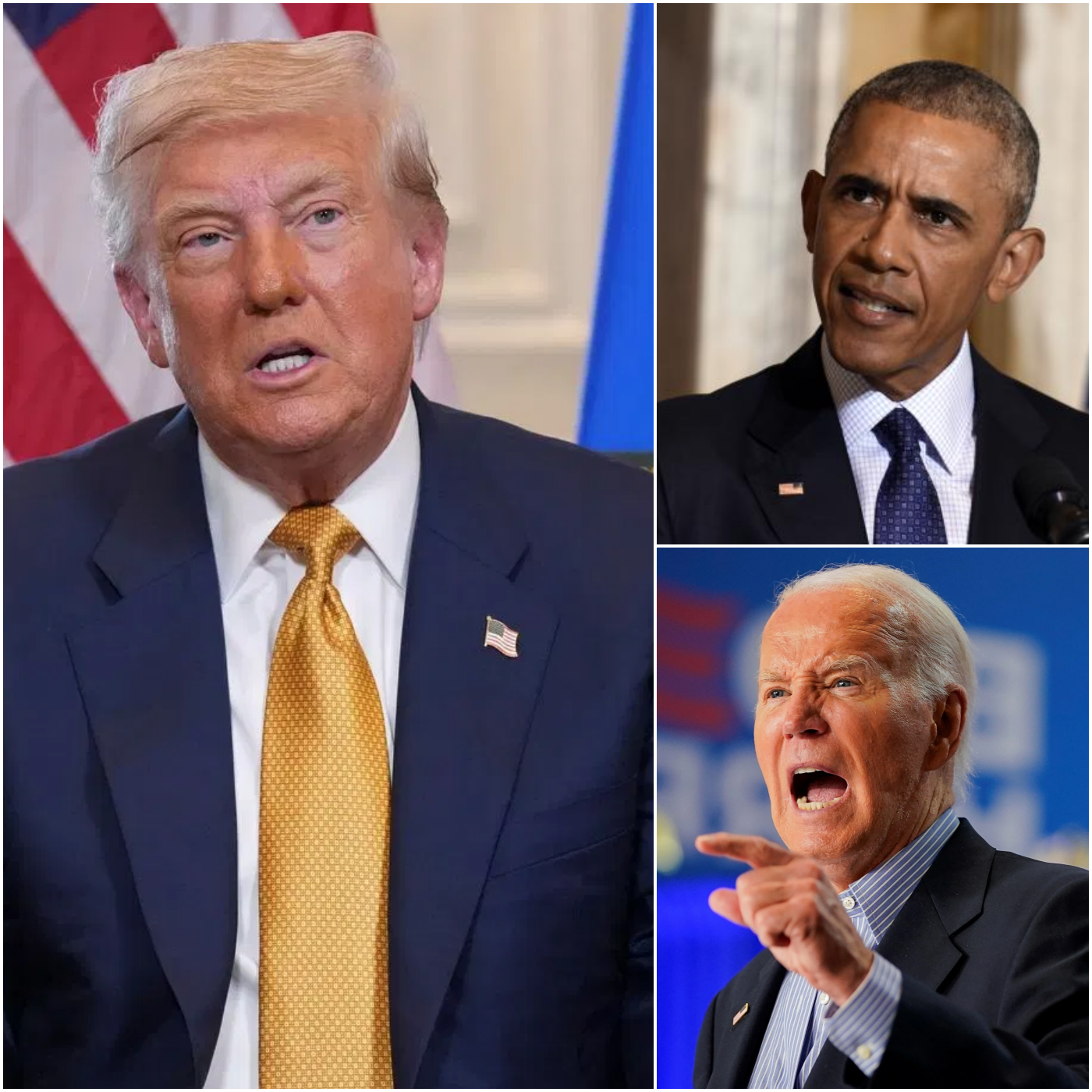
This filing comes amid a broader context of heightened friction between the Trump administration and the judiciary. Boasberg, an appointee of former President Obama, has been a focal point of contention, particularly for his rulings against Trump’s immigration policies. In March 2025, Boasberg issued a temporary restraining order to halt the administration’s efforts to deport alleged Venezuelan gang members to a maximum-security prison in El Salvador, citing due process violations. The Supreme Court later overturned this order, but Boasberg’s subsequent finding of “probable cause” to hold the administration in contempt for defying his directive further inflamed tensions. Trump himself labeled Boasberg a “Radical Left Lunatic Judge” and called for his impeachment, prompting a rare rebuke from Chief Justice Roberts, who emphasized that impeachment is not an appropriate response to judicial disagreements.
The complaint also intersects with Trump’s ongoing public attacks on Obama, which have intensified in recent weeks. On July 22, 2025, during a meeting in the Oval Office with Philippine President Ferdinand Marcos Jr., Trump accused Obama of “treason” and attempting to lead a “coup” against him by allegedly manufacturing evidence of Russian interference in the 2016 election. These claims were fueled by a report from Director of National Intelligence Tulsi Gabbard, who declassified documents suggesting that Obama’s national security team politicized intelligence to undermine Trump’s 2016 victory. Gabbard recommended criminal charges, a move Trump endorsed, claiming the documents provided “irrefutable proof” of Obama’s guilt. Obama’s spokesperson, Patrick Rodenbush, issued a rare rebuttal, dismissing the allegations as “ridiculous” and a “weak attempt at distraction.” Rodenbush emphasized that a 2020 bipartisan Senate Intelligence Committee report, led by then-Chairman Marco Rubio, affirmed Russia’s efforts to influence the 2016 election without manipulating votes, contradicting Gabbard’s narrative.
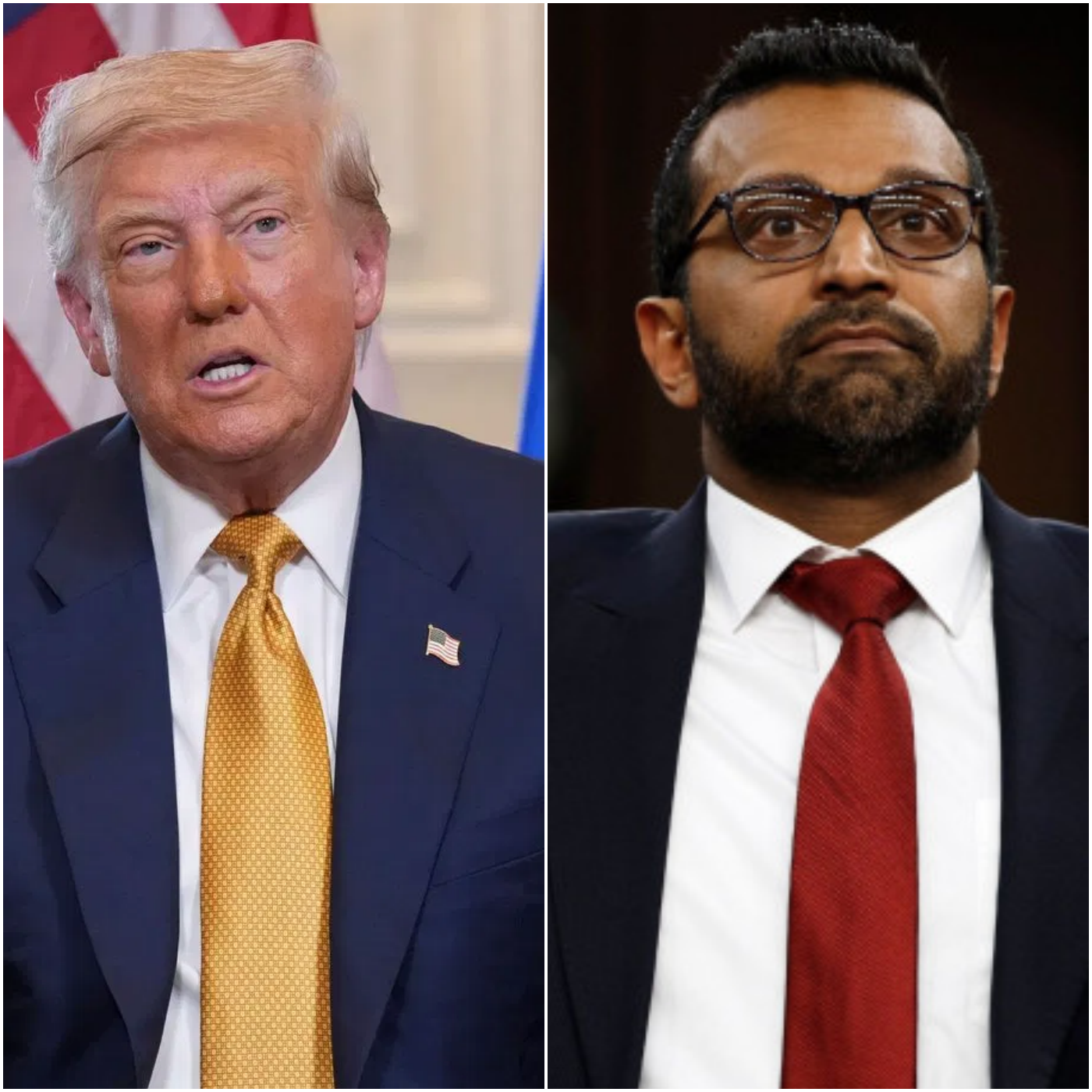
Critics argue that Trump’s accusations against Obama are a strategic deflection from mounting pressure to release documents related to Jeffrey Epstein, the disgraced financier whose case has drawn scrutiny to Trump’s past associations. Trump’s reposting of an AI-generated video depicting Obama’s arrest further amplified the controversy, drawing condemnation from Democrats like Representative Jim Himes, who called the claims baseless. Meanwhile, the DOJ’s complaint against Boasberg has raised concerns about the politicization of judicial oversight, with legal scholars like John Yoo criticizing the judge for using an inappropriate platform to challenge the administration.
The DOJ’s actions, coupled with Trump’s rhetoric, signal a deepening rift between the executive and judicial branches. While the complaint against Boasberg is under review, its outcome could set a precedent for how judicial conduct is scrutinized in politically charged climates. For now, the controversy underscores the challenges of maintaining judicial impartiality amid intense partisan divisions.

